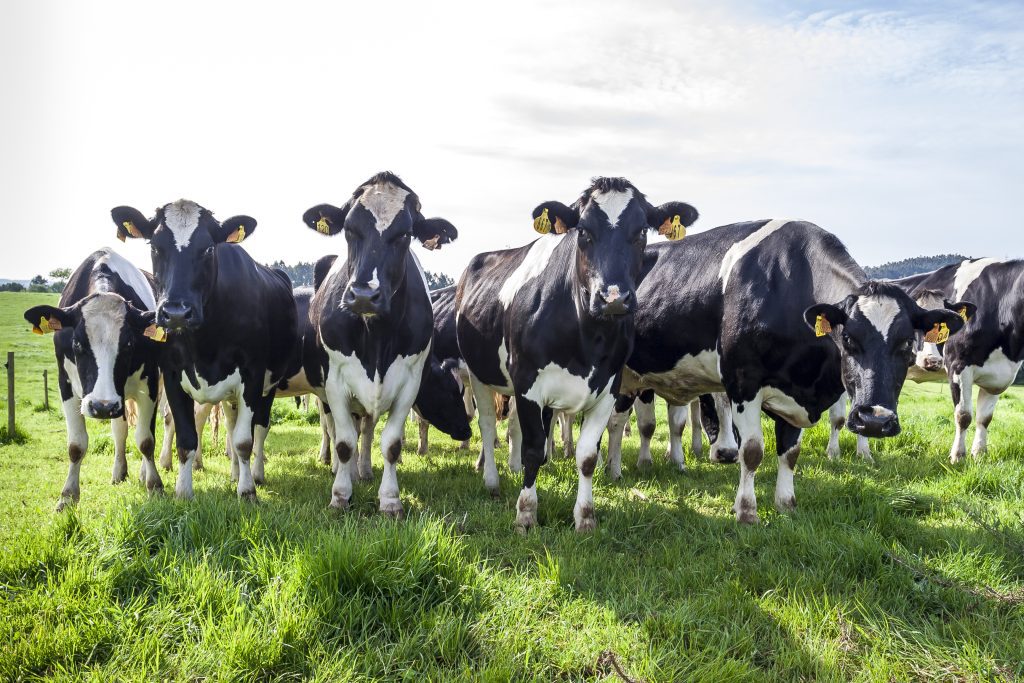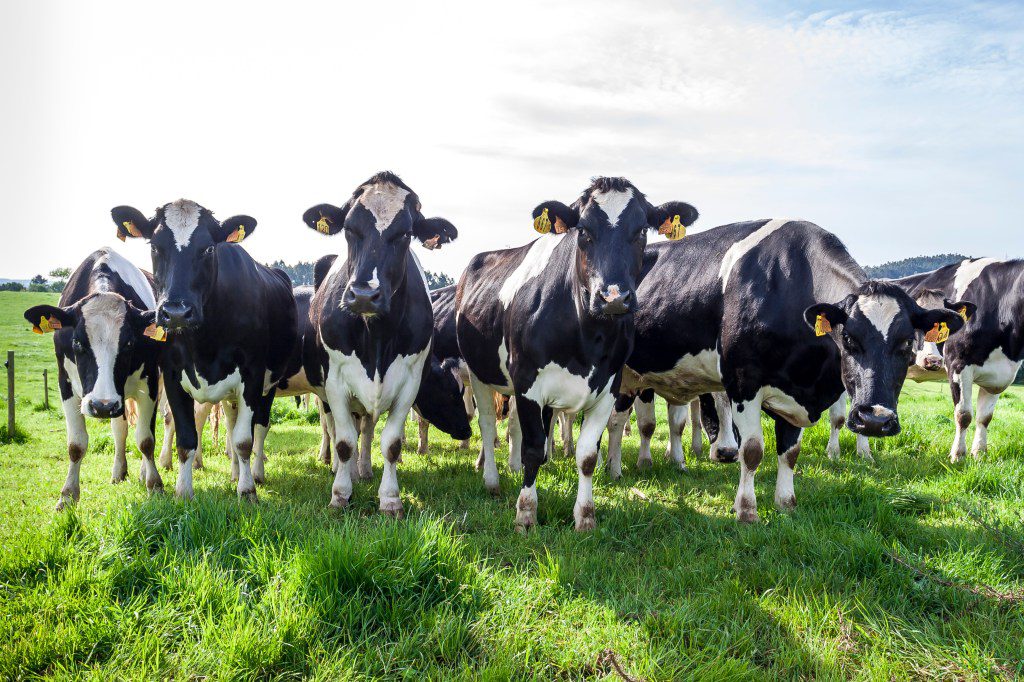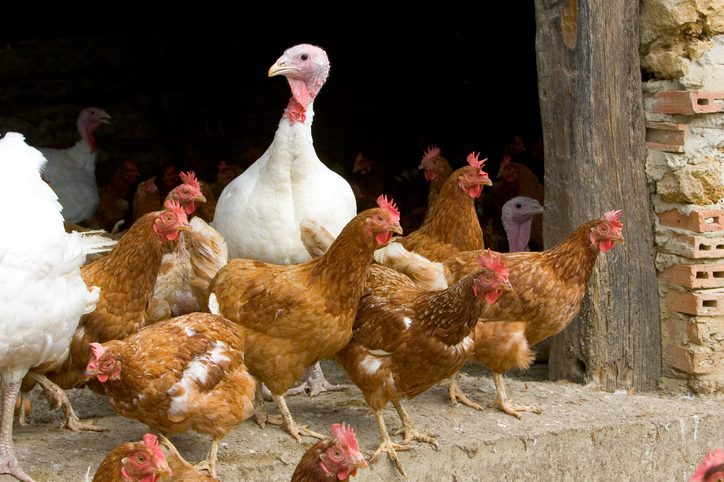A person has gotten bird flu from infected dairy cows in the US – the first time a human has contracted the virus from another mammal.
This comes after cows in five US states – Texas, Kansas, Idaho, Michigan, and New Mexico – tested positive for the H5N1 virus, which has spread globally in recent years.
The US Centers for Disease Control (CDC) confirmed the case on Monday, but said the patient’s only symptom was eye inflammation. They are being treated with antiviral drugs and are expected to fully recover.
A statement from the CDC said: ‘This infection doesn't change the H5N1 bird flu human health risk assessment for the US general public, which CDC believes to be low.’
Rarely has bird flu spread from person to person, with no evidence of ongoing transmission. However, many scientists are worried about the disease spreading from birds to various other species.
The recent finding of infected dairy cows was the first occurrence of the disease in cows. However, the US Department of Agriculture (USDA) emphasized that the country’s milk supply is safe.
‘At this point, there's no worry about the safety of the commercial milk supply or that this situation poses a risk to consumer health,’ the USDA said in a statement.
The virus seems to be affecting older dairy cows, leading to reduced milk production and loss of appetite.
Around four weeks ago, dairy farmers in Texas grew concerned when their herds became ill with a ‘mystery cattle disease’.
Texas Department of Agriculture commissioner Sid Miller said: ‘We hadn't seen anything like it before.
‘It was kind of like they had a cold.’
The cows seemed to recover on their own within seven to 10 days, and the USDA confirmed that milk from sick cows is not allowed to be sold.
This specific strain of bird flu was initially identified in China in 1997. Although predominantly limited to southeast Asia for many years, it has spread across every continent except Oceania since 2020, causing the deaths of millions of birds and infecting dozens of non-bird species.
In January, a polar bear in Alaska died of the disease, the first known case in its species. Other mammals to have contracted the disease include brown and black bear, lynx, foxes, and mountain lions.
Sea animals have also been infected, including dolphins, porpoises, and sea lions.
However, although the disease is highly fatal in humans, cases remain very rare. Those infected generally work closely with infected birds.











